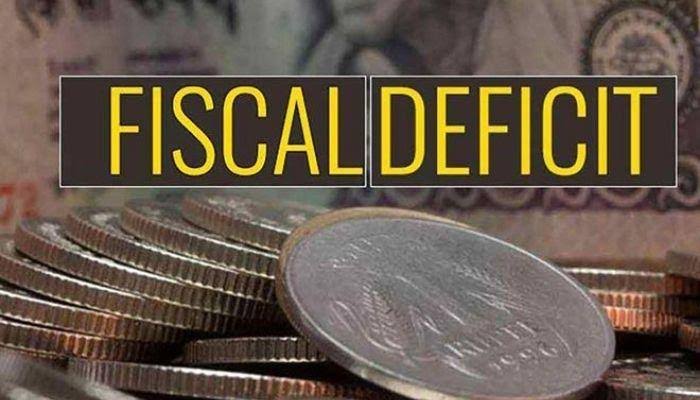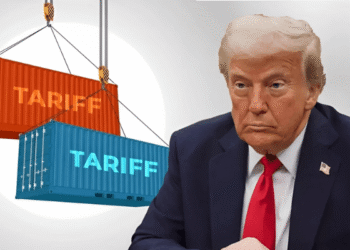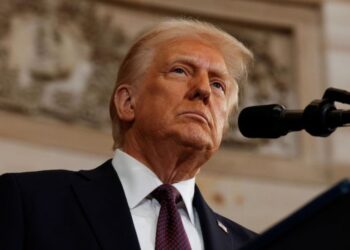The Nigerian Federal Government expects a budget shortfall of ₦13.08 trillion in 2025, which is much higher than the predicted ₦9.18 trillion for 2024. This would be one of the largest deficits ever recorded. This amount is about 38% of the government’s total income and 3.87% of the country’s expected GDP.
Key Drivers Behind the Deficit
The Medium-Term Expenditure Framework (MTEF) says the growing budget shortfall is due to several reasons:
- The introduction of a new minimum wage.
- Increased pension payments and necessary changes.
- Higher costs for paying off debt.
- Revenue and Spending Details
- Revenue Targets: ₦34.8 trillion

Oil Revenue: ₦19.6 trillion
Non-Oil Taxes: ₦5.7 trillion
Independent Revenue: ₦3.6 trillion
Government-Owned Enterprises (GOEs): ₦2.87 trillion
Other Sources: ₦4.8 trillion
Spending Goals: ₦47.9 trillion
Recurrent (Non-Debt) Spending: ₦14.2 trillion
Total Capital Spending: ₦16.4 trillion
Debt Payments: ₦15.38 trillion
Other Spending: ₦2 trillion
Spending Targets: ₦47.9 trillion
Regular (Non-Debt) Spending: ₦14.2 trillion
Total Capital Spending: ₦16.4 trillion
Debt Payments: ₦15.38 trillion
Other Spending: ₦2 trillion
This creates a fiscal gap of ₦13.08 trillion, which the government intends to cover by borrowing both domestically and internationally, as well as from the sale of state-owned assets.

















